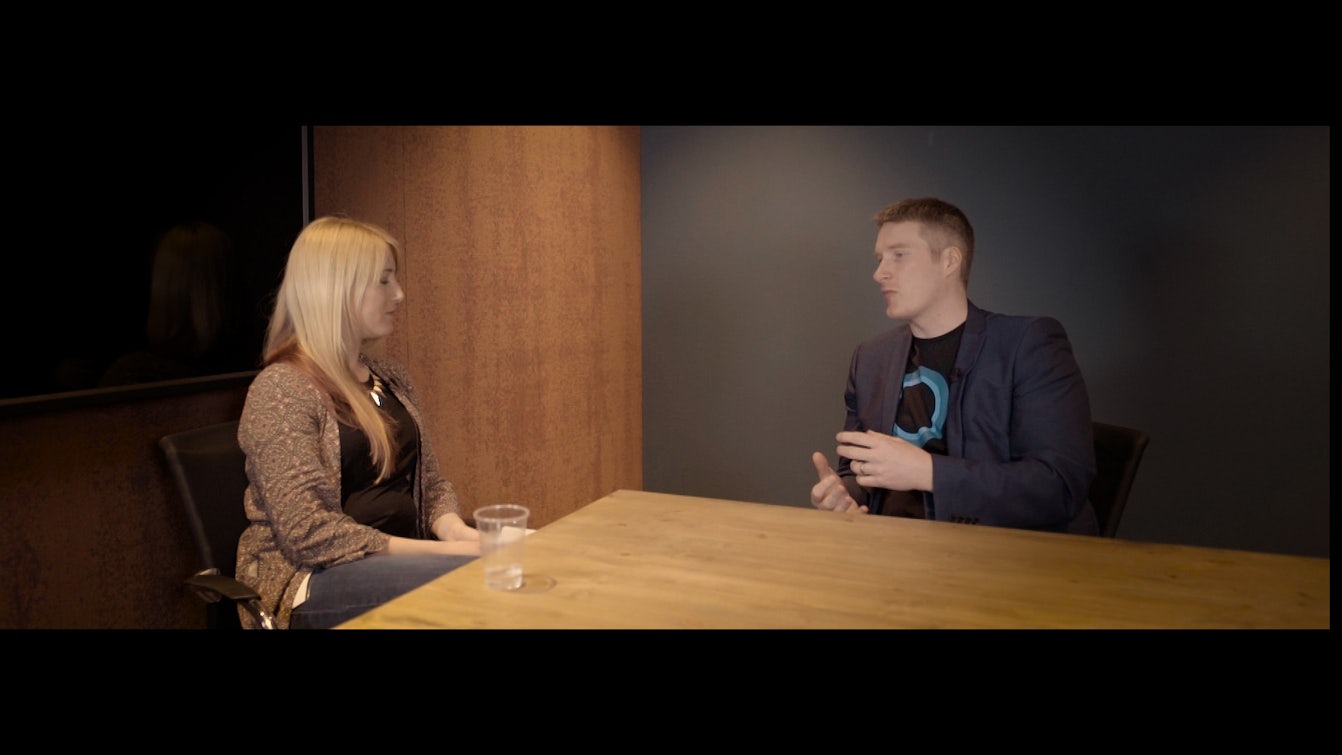Links aren’t going away, but will decrease in importance, says James Murray, EMEA Product Marketing Manager at Microsoft Bing.
In an interview, conducted by Laura Hampton of Impression, Murray explains how links will become less important, in favour of factors like personalisation and context.
While links have historically been a large contributor to the perception of relevance by the search engines, the SEO community has been discussing the decreasing prominence of links for some time. This interview goes some way to indicating the direction Bing at least will be taking to address the link conundrum.
“We’re still not at the stage where links are going to go away, and so they will continue to be a factor that we look at,” says Murray, in the interview conducted in Paddington, London.
“What we might see is that links start to decrease in importance that they have in the general context of the various factors that we use to determine relevance.”
When asked what will replace links in Bing’s algorithms, Murray was keen to talk about personalisation and context in search.
“There’s good reason why links have served their purpose up until now and I think they will continue to do so. But what we’re going to see is that, as the amount of data that we are able to gather and understand about users – through things like their search history and their live data such as geolocation, or maybe social context of who they might be surrounding themselves with at a given time – we will have way more ability to personalise search and to use different signals which will be able to govern our decisions on what is most relevant to the user at that time.”
So what does this mean for digital marketers?
Links have always been an essential part of the digital marketing mix. Earned links especially are a valuable indicator of the popularity and the authority of a page as a resource – and as James said in the interview, links won’t go away anytime soon.
What we at Impression do expect is for our roles to become ever-broader – much as they have been for years anyway. While SEO ten years ago was a fairly linear process of hitting certain factors on a website and reaping the rewards, today’s SEO practitioner must be much more rounded in their approach.
That means creating experiences for users that breed loyalty; as we heard from Bing, user preference will come into play particularly with local search. Getting the fundamentals such as NAP consistency right will also be important in aiding the search engine’s choice of local answer when it comes to something like proximity to the user at the time.
What will be interesting is how Google will handle this. If Google does choose to use context far more itself, it has not only the greatest market share to be able to gather user insights, but also the access to Analytics data that will no doubt be useful in broader brush contextualisation based on more generic traits like country, gender, age of affinity categories.
Laura Hampton spoke to James Murray about a range of topics relevant to search and paid advertising – view all Bing Interviews here.



